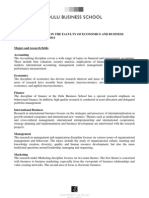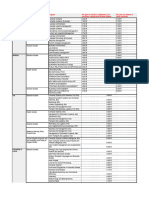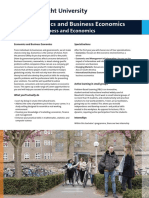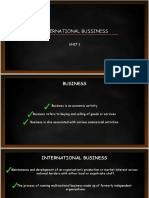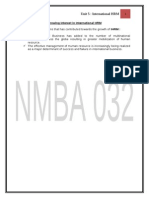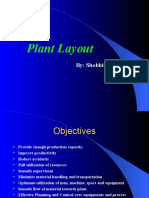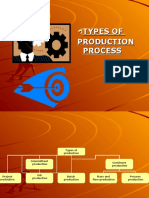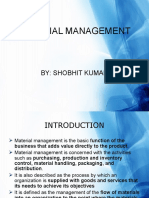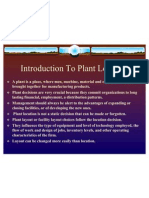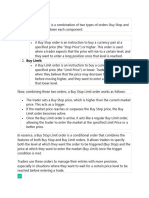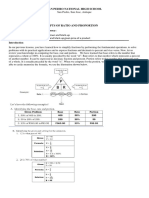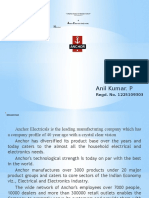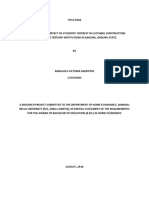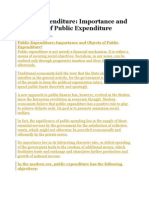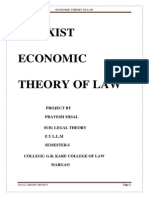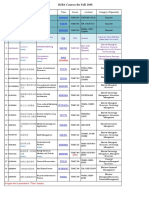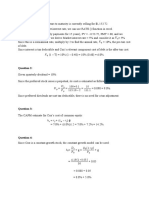0% found this document useful (0 votes)
142 views11 pagesRTU Bachelor in Entrepreneurship Program
The document outlines a study program for international students at Riga Technical University in entrepreneurship and management. The 3-year bachelor's program requires 122 credits and leads to a Bachelor of Social Sciences in Management degree. It includes compulsory and limited choice courses in subjects like mathematics, economics, languages, and specialized entrepreneurship courses. The program is accredited and approved by Riga Technical University and the Ministry of Education and Science of Latvia.
Uploaded by
PRIYANKCopyright
© Attribution Non-Commercial (BY-NC)
We take content rights seriously. If you suspect this is your content, claim it here.
Available Formats
Download as DOC, PDF, TXT or read online on Scribd
0% found this document useful (0 votes)
142 views11 pagesRTU Bachelor in Entrepreneurship Program
The document outlines a study program for international students at Riga Technical University in entrepreneurship and management. The 3-year bachelor's program requires 122 credits and leads to a Bachelor of Social Sciences in Management degree. It includes compulsory and limited choice courses in subjects like mathematics, economics, languages, and specialized entrepreneurship courses. The program is accredited and approved by Riga Technical University and the Ministry of Education and Science of Latvia.
Uploaded by
PRIYANKCopyright
© Attribution Non-Commercial (BY-NC)
We take content rights seriously. If you suspect this is your content, claim it here.
Available Formats
Download as DOC, PDF, TXT or read online on Scribd
/ 11












